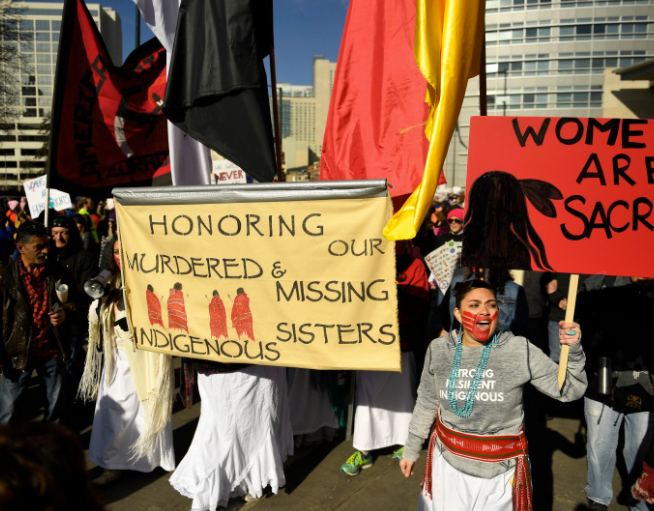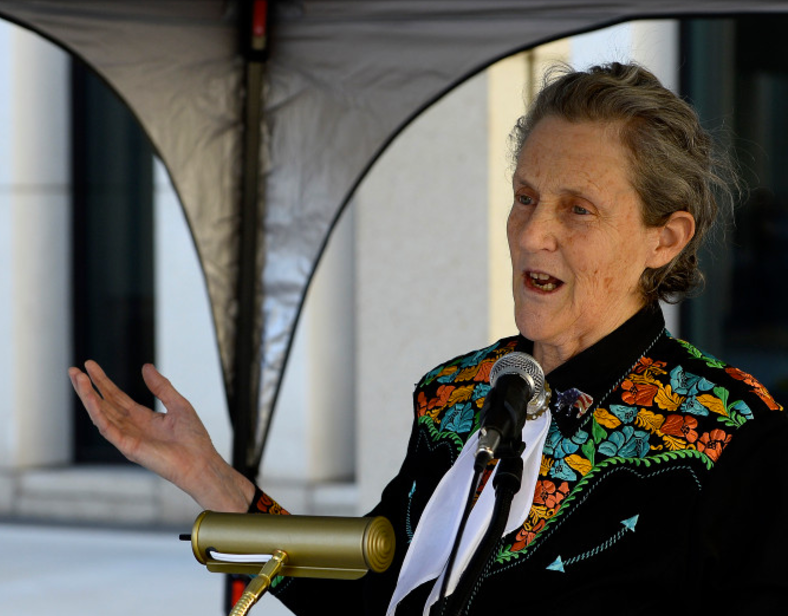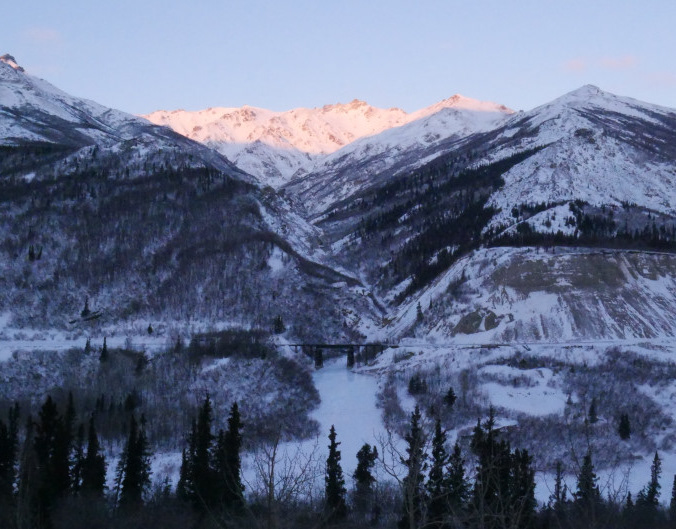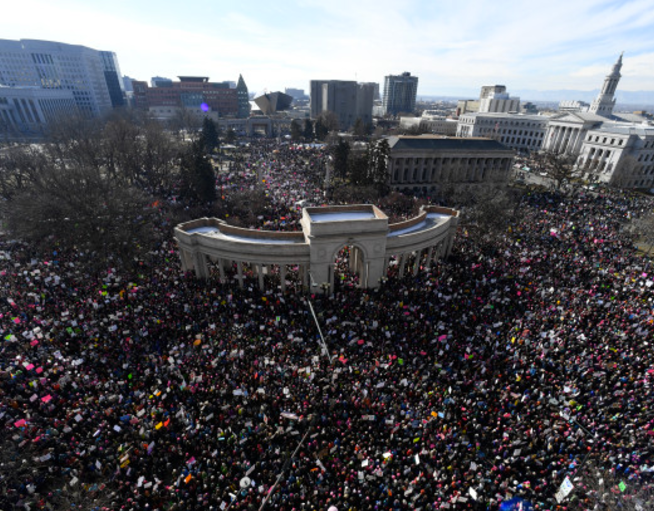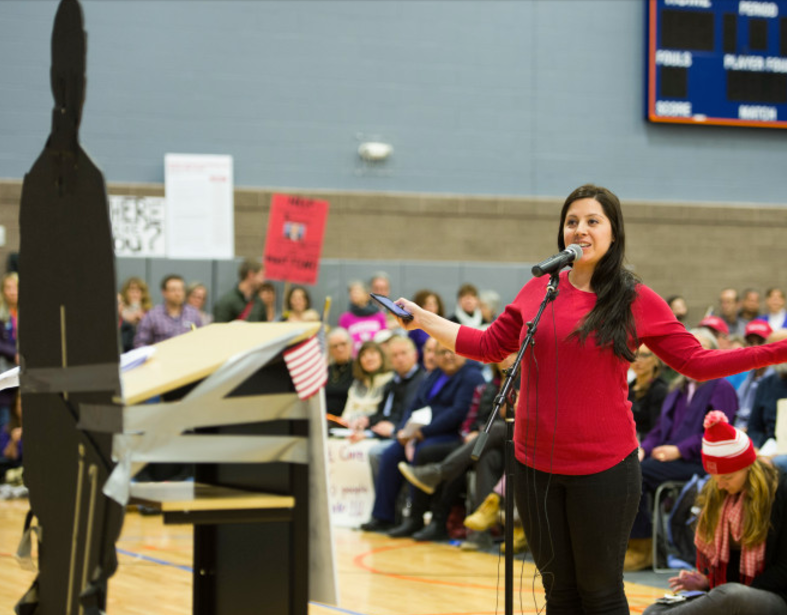RJ Sangosti, The Denver Post
By Hayley Sanchez
Deteriorating, congested and unsafe roads and bridges are costing Colorado drivers a total of $6.8 billion annually in additional vehicle maintenance, fuel and accelerated vehicle depreciation overall.
According to a report released Wednesday by TRIP, a national transportation research group based in Washington, D.C., each Denver driver spends 49 hours stuck in traffic and $2,162 each year on additional vehicle operating costs with other Colorado motorists falling shortly behind.
“These additional operating costs could be the extra maintenance that goes into when a driver hits a pothole and has to get something like an axle repaired,” said Carolyn Bonifas Kelly, TRIP’s associate director of research and communication. “But it could also mean things like tire wear, additional fuel costs of driving on damaged roads and even the accelerated rate of vehicle depreciation when drivers trade their vehicles in.”
The “Colorado Transportation by the Numbers: Meeting the State’s Need for Safe, Smooth and Efficient Mobility” report also found that the number of miles traveled by vehicle in Colorado increased to 51.1 billion in 2015 from 41.8 billion in 2000, a 22 percent increase and the 10th largest gain in the nation. During the same period, Colorado’s population increased 27 percent to 5.5 million. There were about 4 million licensed drivers in 2015.
Forty-one percent of the major roads locally and state-maintained in Colorado — including interstates, freeways and expressways — are in poor condition compared to 80 percent just in Denver. About 6 percent of Colorado’s bridges are reportedly structurally deficient.
“I think it’s not a huge surprise to see the amount of lost time and cost due to our road conditions,” Denver Metro Chamber of Commerce chief Kelly Brough said. “Everybody in Colorado is suffering and nobody is coming out ahead. ”
With much of Colorado’s economy relying on manufacturing, agriculture, natural resources and tourism, there is an immediate need to fix Colorado’s roads now in order to support the economic work the state currently has in order to stay competitive. Although other states like Utah have increased its gas tax to help combat transportation budgets, Brough said she believes a potential sales tax would be more reasonable for Colorado.
“Visitors and residents would both be paying the tax and visitors and residents are both using our roads,” Brough said.
TRIP’s Kelly said it should be a priority to fix roads and bridges sooner rather than later because the cost and time for maintenance repairs only increases as time goes on.
“We want roads and bridges to be as safe as they can be,” she said. “The most important thing is to make legislation to increase funding for transportation. That’s just one piece in a very large puzzle. Without local, state and federal funding, a lot of these projects are getting left behind.”
TRIP has also researched transportation conditions in Alabama, Kentucky, New Mexico and Montana.
